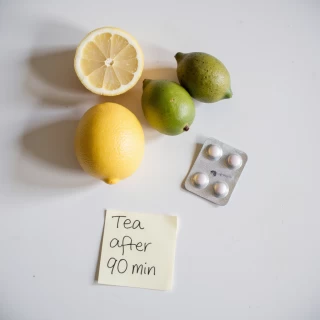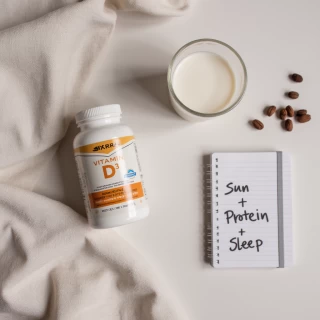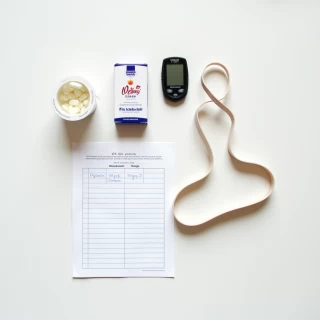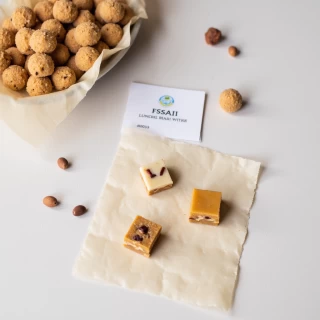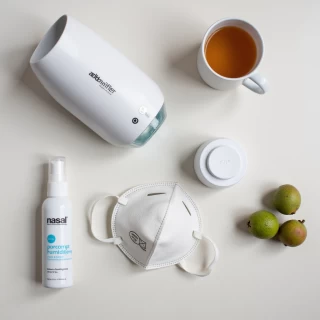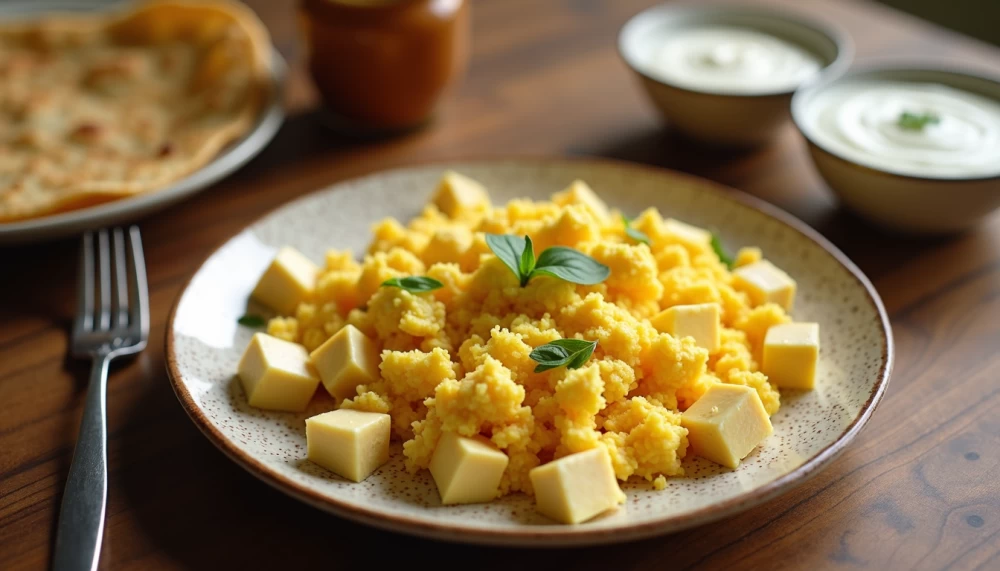
- 25th September 2025
Table of Contents
- 1. Why is there no single "metabolism food"
- 2. Make protein the priority
- 3. Choose whole grains and fibre-rich foods
- 4. Spices that give a small metabolic lift
- 5. Tea, coffee, and catechins - useful in moderation
- 6. Healthy fats and omega-3s
- 7. Drink enough water
- 8. Fermented foods and gut health
- 9. Quick practical tips you can use today
What Foods Help Your Metabolism? Practical, Evidence-Based Tips
Author: Dr. Pankaj Kumar, General Physician | Diabetes & Weight Loss Doctor
There is no single miracle food, but practical changes in what and how you eat can modestly raise energy use, control appetite, and support weight management.
1. Why is there no single "metabolism food"
A quick reality check: metabolism is influenced by many factors, including age, sex, genetics, muscle mass, hormones, activity, and sleep. No single food will undo those factors. That said, some foods and habits reliably help maintain muscle, reduce hunger, and slightly increase daily energy expenditure when combined with regular activity and good sleep.
2. Make protein the priority
Why it helps
Protein requires more energy to digest and process than carbohydrates or fats. It also preserves lean muscle during weight loss, and muscle is one of the main determinants of resting energy needs. Including a reliable protein source at each meal helps control appetite and supports metabolism.
Practical picks
- Breakfast: eggs, paneer bhurji, moong sprouts chilla, or a protein-rich poha with peanuts.
- Lunch/dinner: dal with mixed legumes, grilled fish or chicken, tofu, or a paneer curry with vegetables.
- Snacks: roasted chana, a small bowl of curd, or a handful of peanuts.
3. Choose whole grains and fibre-rich foods
Whole grains and fibre slow digestion and usually increase feelings of fullness. Over time, this reduces total calorie intake and supports better metabolic control and weight management. Examples include millets (ragi, jowar, bajra), brown rice, oats, and whole-wheat rotis.
Simple swaps
- Swap white rice for millets or brown rice sometimes.
- Replace maida rotis with whole-wheat or mixed-grain rotis.
4. Spices that give a small metabolic lift
Certain spice compounds, such as capsaicin (in chillies), piperine (black pepper), and gingerols (ginger), can modestly increase energy expenditure and reduce appetite in some people. The effect is small - think tens of calories per day - but it is free, easy, and culturally familiar in many Indian meals. Use them regularly in food rather than supplements for better tolerance.
How to use
- Add green chilli or fresh ginger to dals and sabzis in small amounts to test tolerance.
- Use black pepper with lemon and chaat masala rather than large spice supplements.
5. Tea, coffee, and catechins - useful in moderation
Moderate coffee and green tea provide caffeine and plant catechins that can slightly raise metabolic rate and fat oxidation, especially when taken earlier in the day or before exercise. The effect is modest and varies person to person. Avoid excess caffeine late in the day to protect sleep.
Practical advice
- 1 to 2 cups of green tea or a cup of black coffee is reasonable for most adults, without sugar.
- Avoid caffeine within 4-6 hours of your usual bedtime if it disturbs sleep.
6. Healthy fats and omega-3s
Small amounts of nuts, seeds, and cooking oils (mustard, a little olive oil) increase satiety and supply essential fatty acids. Omega-3-rich fish such as bangda or sardine support body composition when combined with exercise. Keep portion sizes controlled because fats are calorie-dense.
7. Drink enough water
Maintaining hydration supports normal metabolism. Drinking water produces a small, short-lived rise in energy expenditure and may reduce hunger in some people if taken before meals. It is a simple, low-cost habit to encourage.
Practical tips
- Start the day with a glass of water and sip throughout the day.
- Warm soups or buttermilk can add fluids, plus electrolytes and satiety.
8. Fermented foods and gut health
Emerging evidence links the gut microbiome with metabolic regulation. Regular fermented foods such as curd, idli, dosa batter (fermented), and buttermilk can help support microbial diversity and may indirectly assist metabolic health within a balanced diet. These are supportive measures, not treatments.
How to include
- Include a small serving of curd or a glass of buttermilk most days.
- Prefer traditionally fermented idli/dosa batter over instant mixes where possible.
9. Quick practical tips you can use today
- Make a protein-rich breakfast part of your routine - eggs, paneer, or moong chilla.
- Swap refined carbs occasionally for millets or brown rice.
- Add small servings of nuts or roasted chana as snacks to avoid processed biscuits.
- Include a cup of green tea or coffee before activity, without sugar.
- Stay hydrated and prioritize sleep and resistance exercise to preserve muscle.








